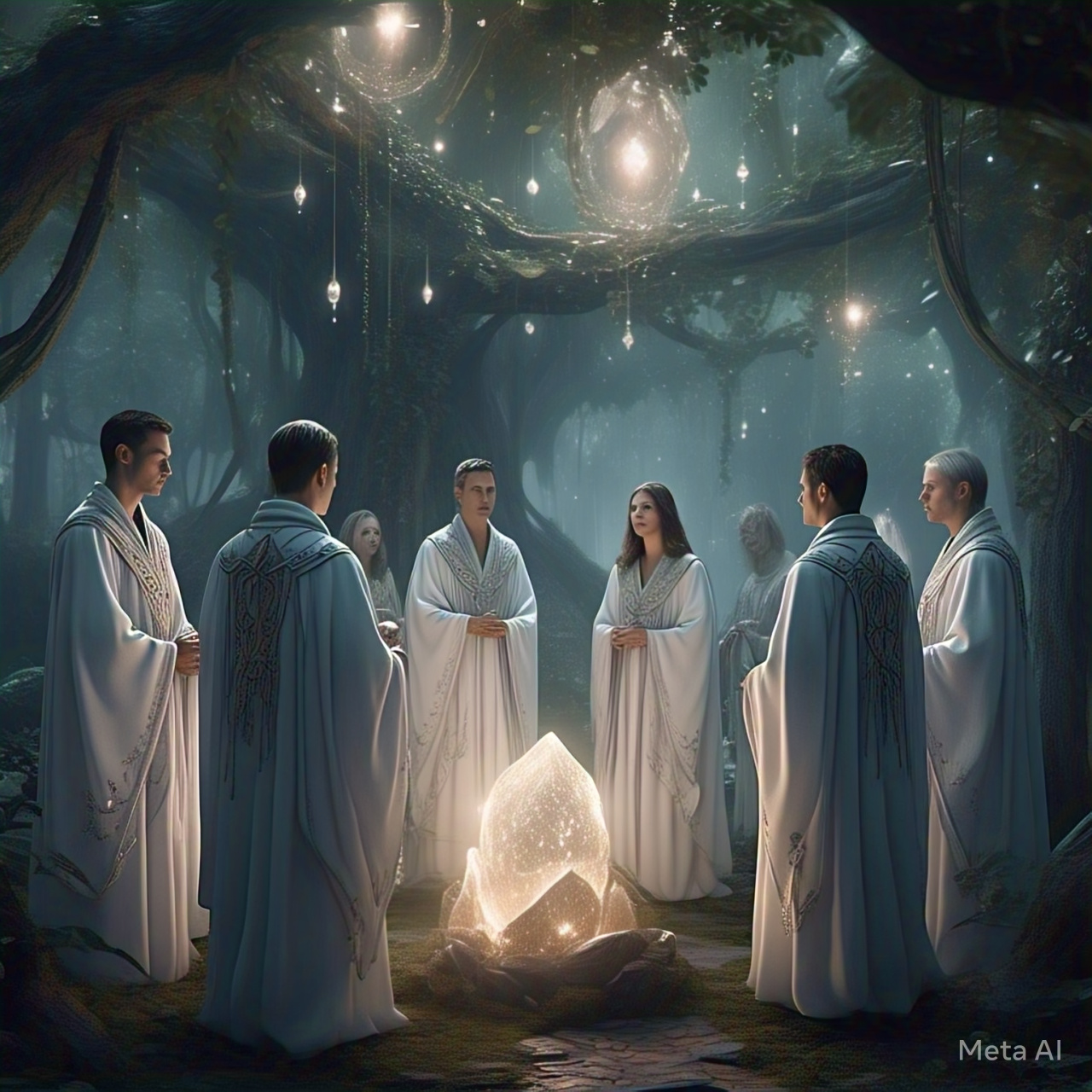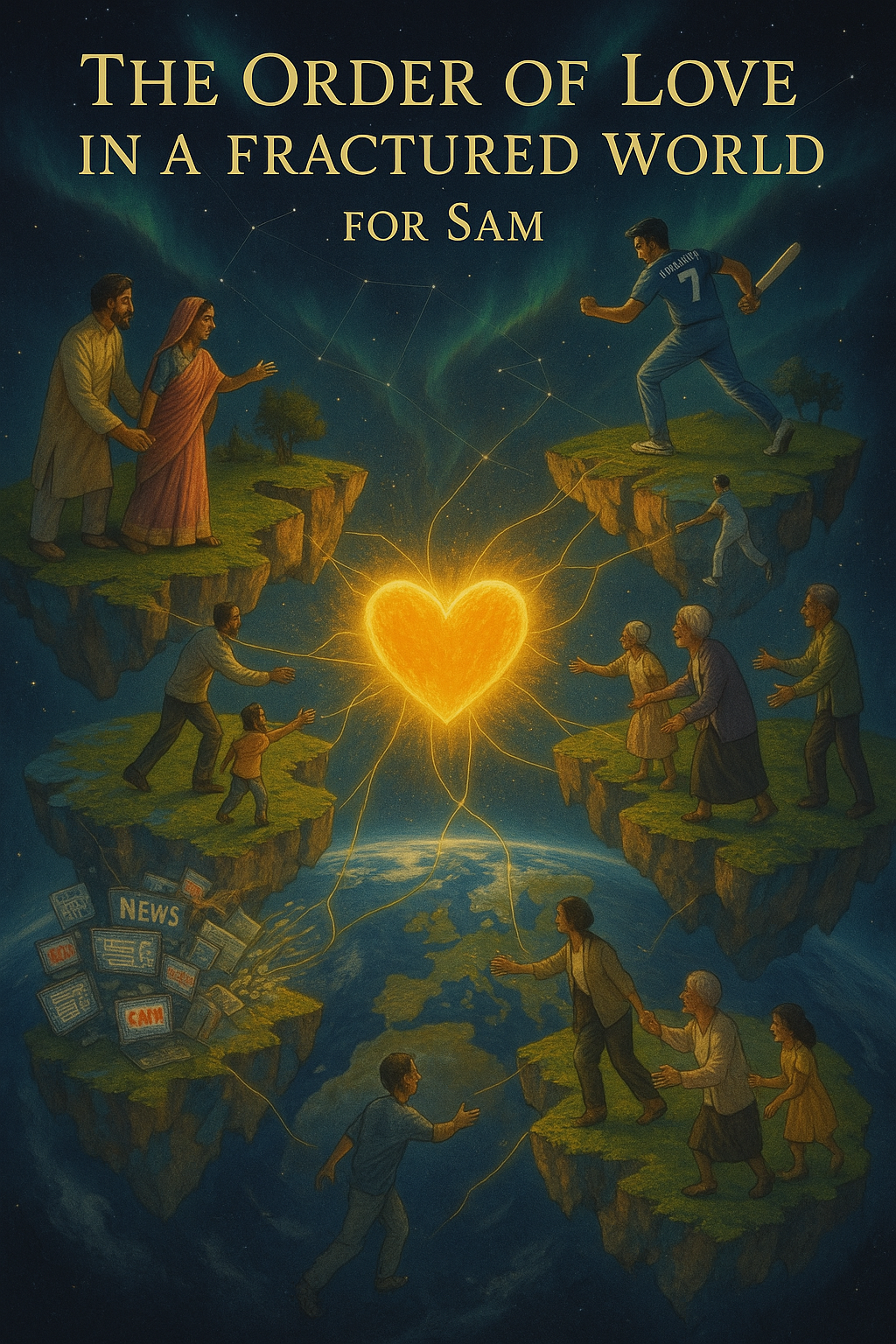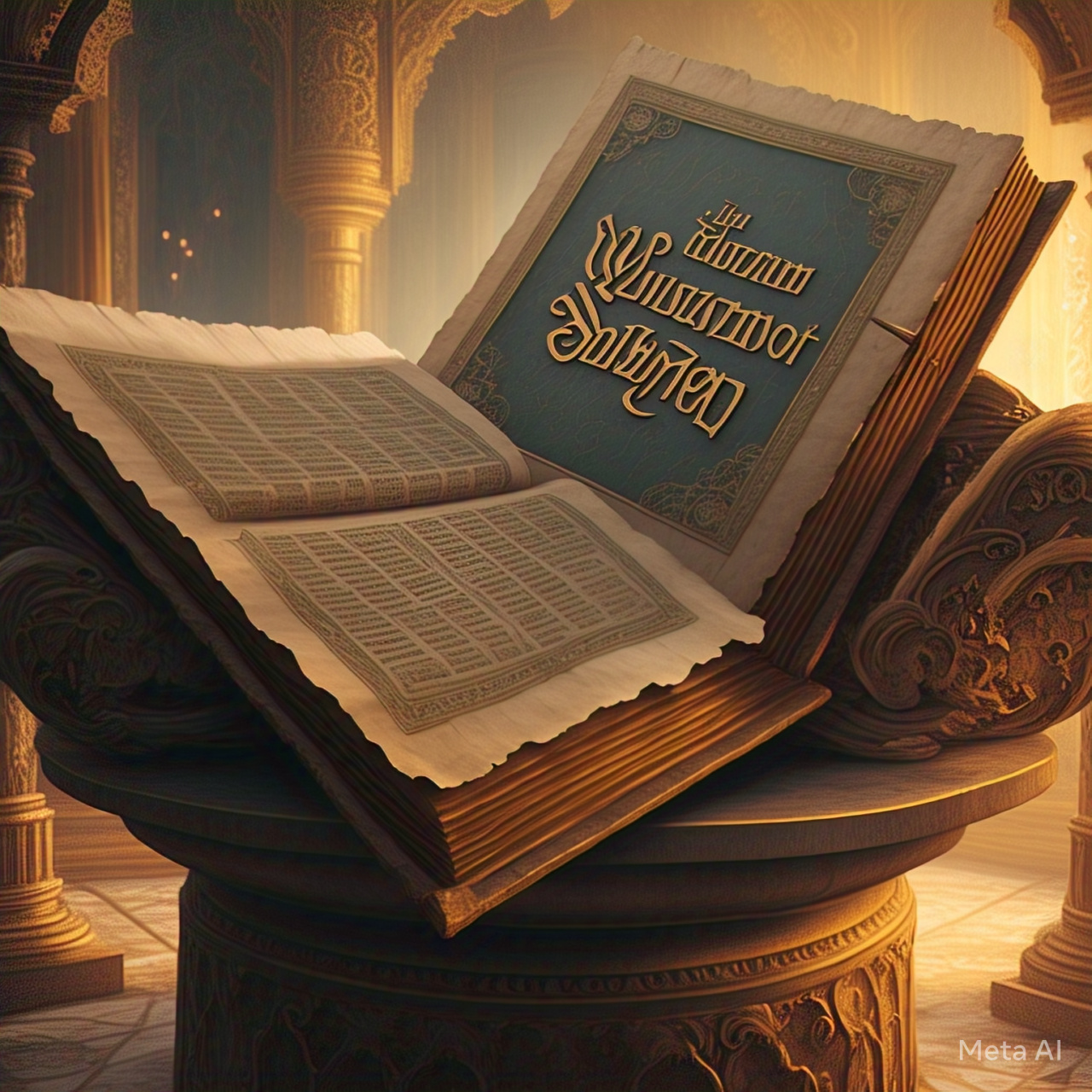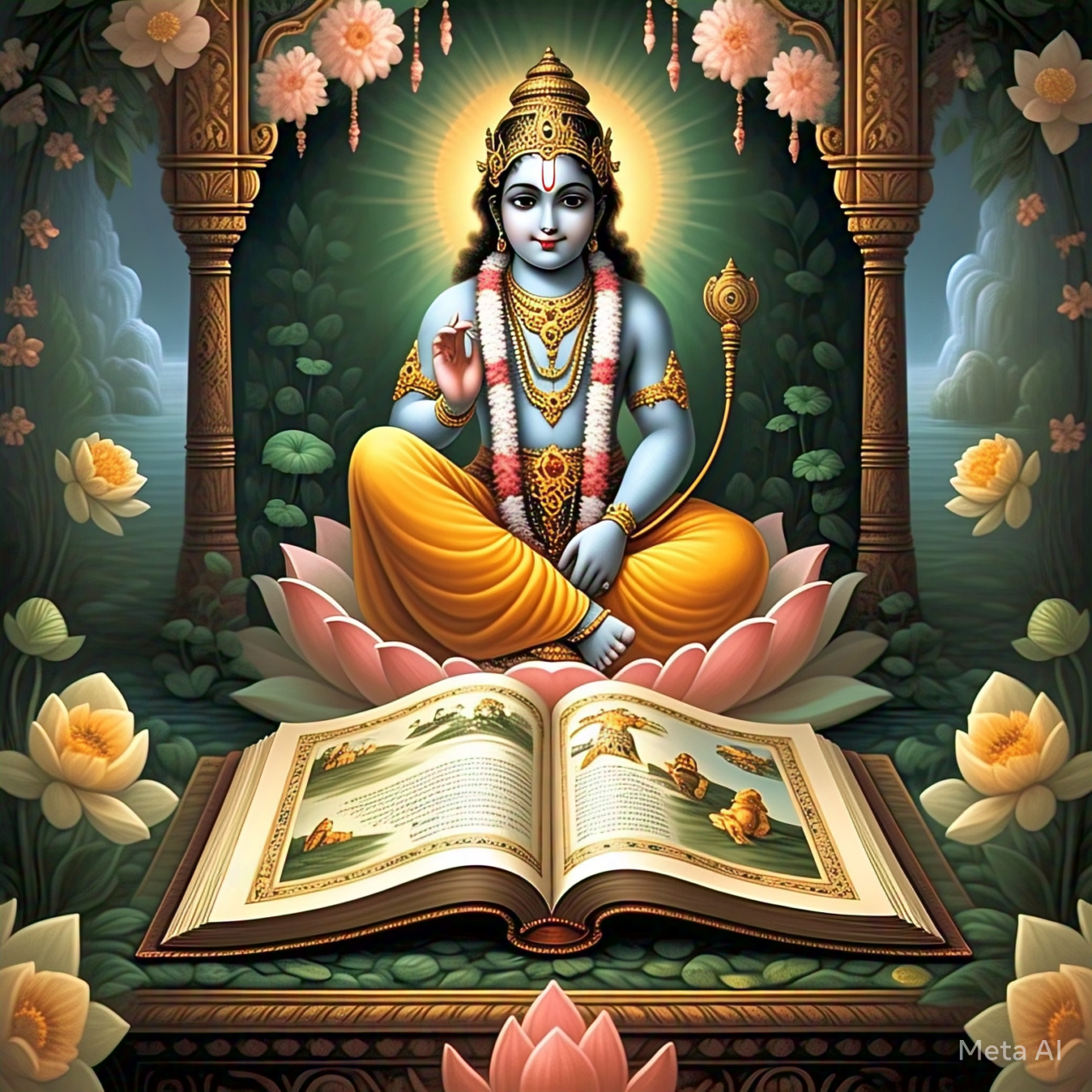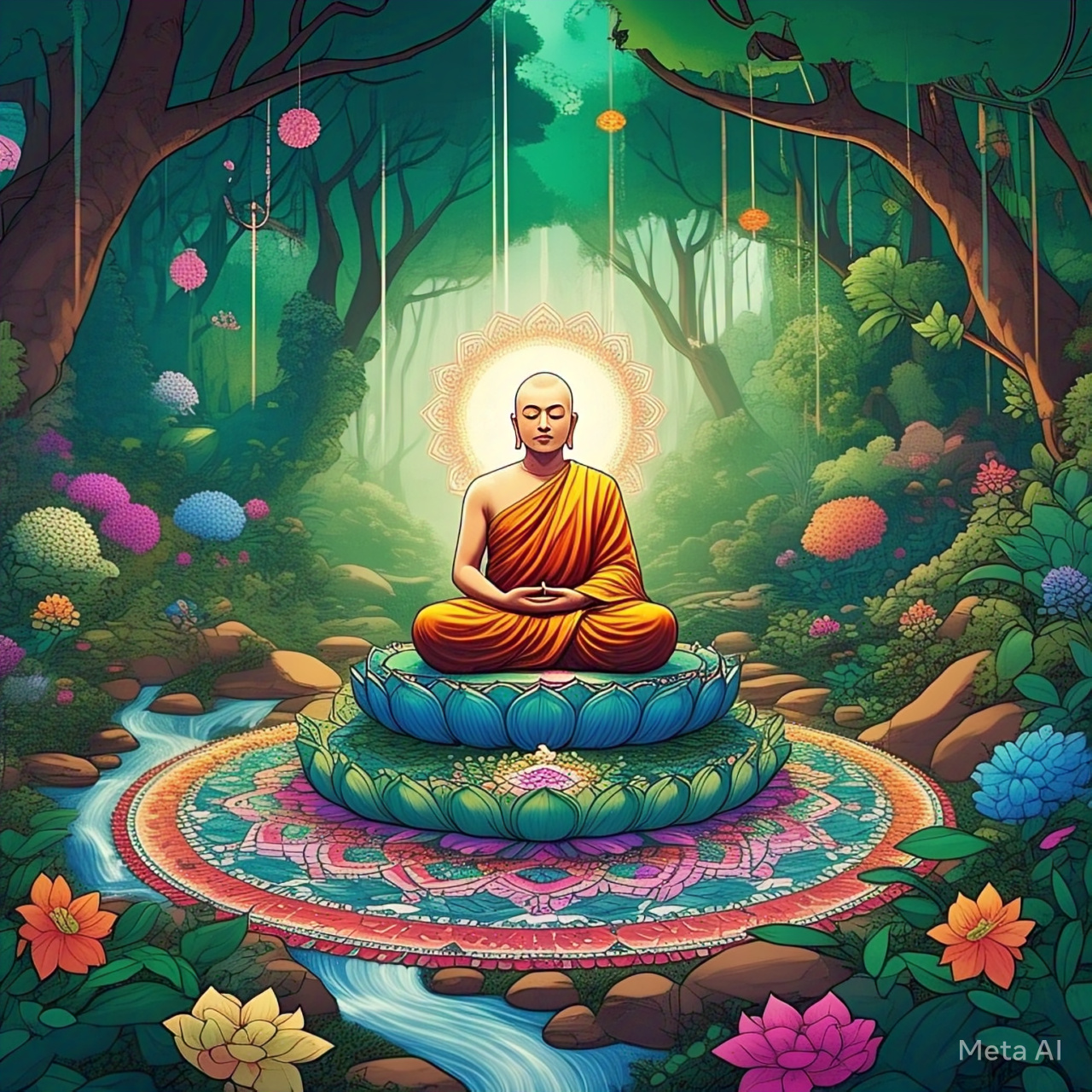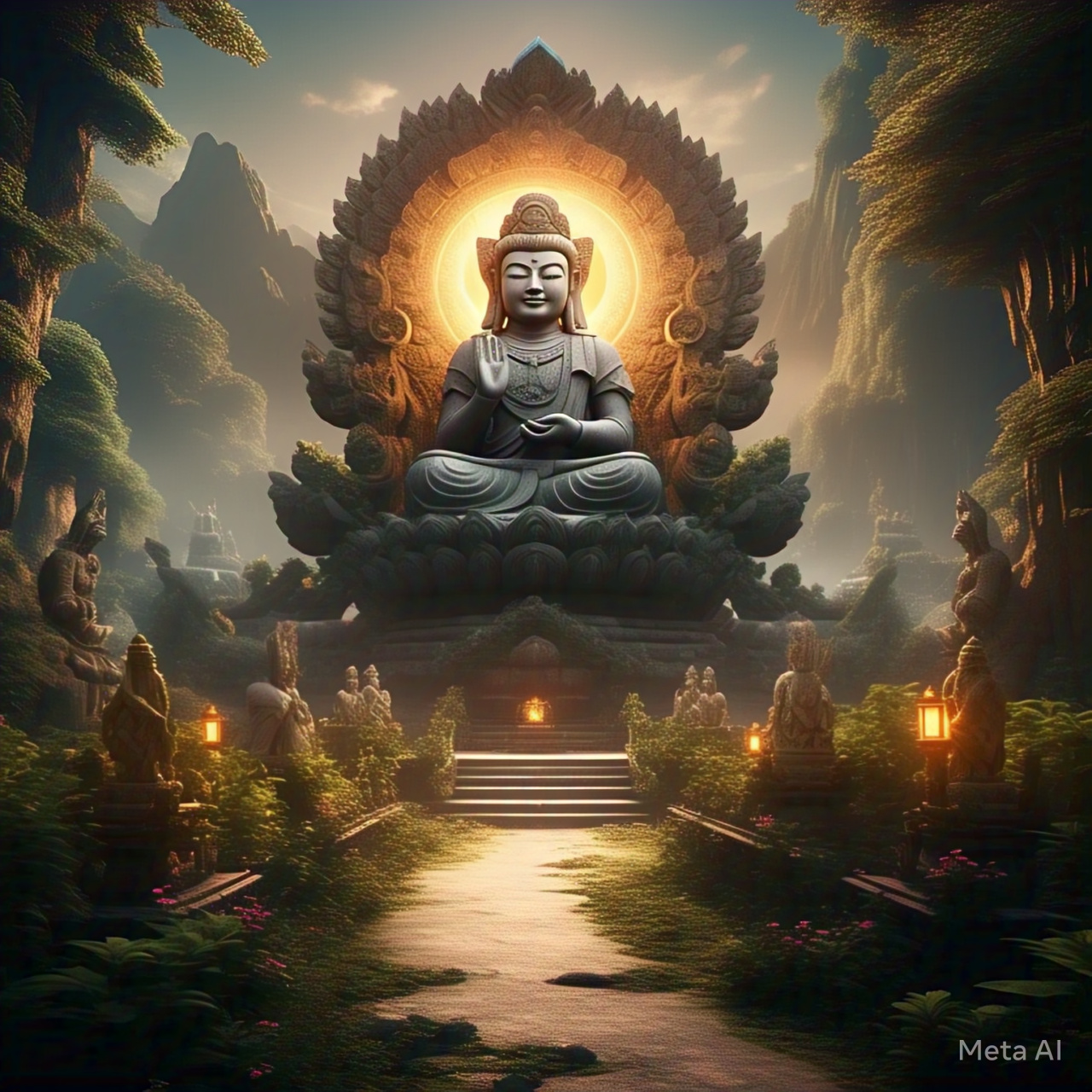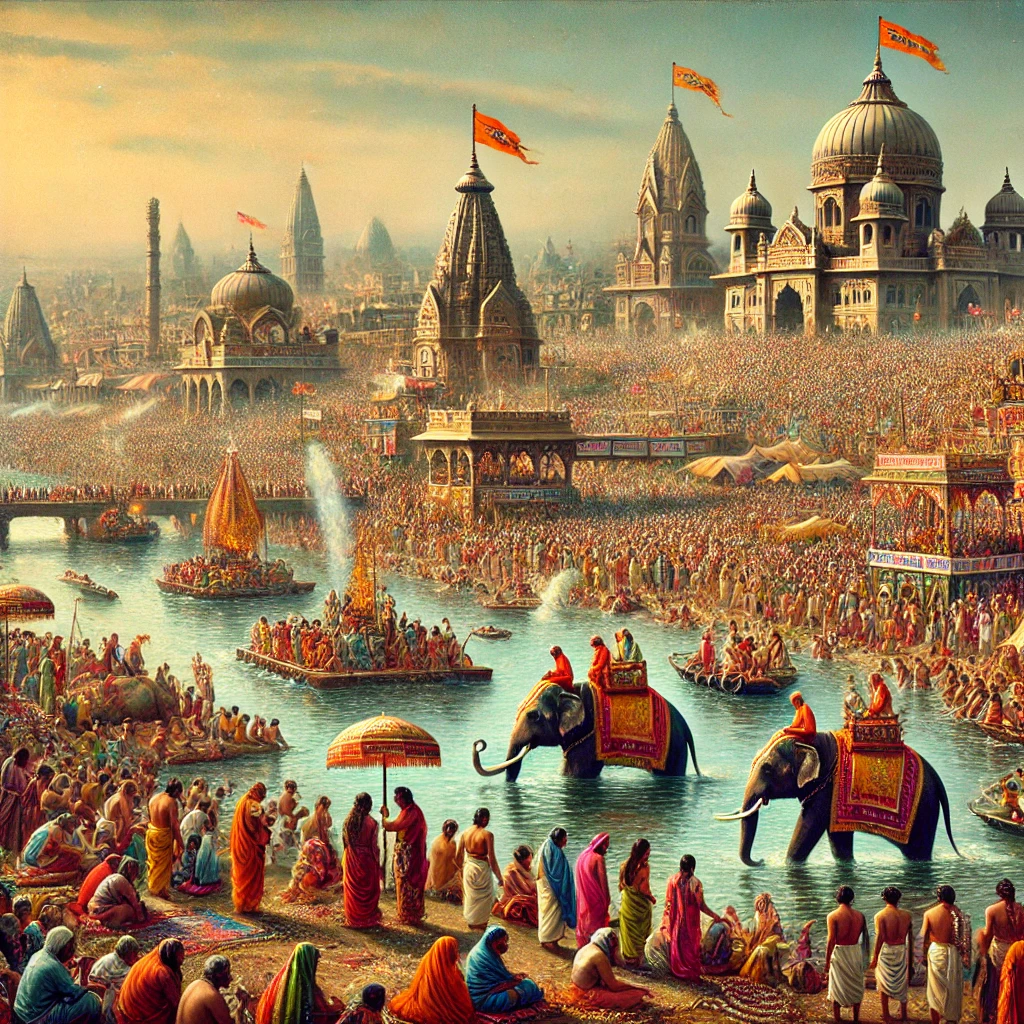Nine Principles for Building Strong Employee Relations
George Edward, a seasoned engineer, shares nine foundational principles that were instilled in him by a wise supervisor during his early career. These guiding values, which he calls the "Nine Demandments," continue to serve as timeless advice for fostering strong and ethical workplace relationships.
1. Be Honest
Lying
wastes both your time and mine. Eventually, the truth will surface — and by
then, the damage may be irreversible.
2. Focus on Your Work, Not the Clock
Staying
engaged in your tasks makes the day go by faster. When you put in your full
effort, time works in your favor.
3. Exceed Expectations
Go
beyond what’s asked of you, and I’ll do the same. Increased performance brings
increased rewards.
4. Live Within Your Means
You
owe yourself financial stability. Avoid debt — it limits your freedom and peace
of mind.
5. Stay Ethical
Dishonesty
is never unintentional. People with integrity recognize and resist temptation.
6. Mind Your Own Work
Focus
on your responsibilities. Do that well, and eventually, you may be running your
own venture.
7. Protect Your Integrity
Never
engage in actions that compromise your self-respect. If you're willing to steal
for me, you're just as likely to steal from me.
8. Be Truthful, Not Flattering
I
don’t need someone to feed my ego. I value honesty — especially when it
protects our financial interests.
Accept
Feedback as a Sign of Value
If I
take the time to correct you, it means I see your potential and want you to
stay.
The Threefold Path to Inner Mastery: A Spiritual Guide
for Everyday Life
Have you ever wondered how some people remain calm even during life’s most turbulent storms? Or how, in the face of challenges, certain individuals still move forward with grace and strength? The answer often lies in spiritual practice — not as a religious ritual, but as a way of being.
In this post, let’s
explore a deeper, yet practical approach to spirituality — one that allows you
to remain centered, respond wisely, and tap into a powerful inner stillness.
1. Engaging with the
World, Without Being Shaken
Spirituality doesn’t
mean escaping the world — it means engaging with it fully, without losing
yourself. When you’re grounded in spiritual awareness, you can take in all
kinds of experiences, without being overwhelmed by them. People, places, events
— none of them intimidate you. You stay rooted.
At the same time, you don’t become passive. You generate the energy, resolve, and inspiration needed to act — even in difficult or chaotic situations. This balance between calm observation and dynamic response is one of the first gifts of a true spiritual path.
2. Going Beyond the
Body and Ego
Your body is
biological — no doubt about that. But you’re more than just muscles and bones.
Within you resides a complex inner system of mind, intelligence, and ego — and
beyond all of these, your Soul.
While the body is a
vehicle, and the mind a driver, the Soul is the true essence — a silent
observer, untouched by movement or change. As you go deeper in your practice,
you begin to identify less with the outer layers and more with this core.
3. Discovering the
Stillness Within
At the level of the Soul, there is no doing, no reacting — just pure presence. This is what ancient texts call ‘akartritva’ (non-doership) and ‘abhoktritva’ (non-enjoyership). It’s not a dull state — it’s a radiant stillness, full of potential.
Even in moments of
suffering, people often find peace when they let go and rest. That’s the Soul
at work. It’s not affected by joy or pain — it simply is. This zero-state doesn’t have to be created. It already
exists within you.
4. The Soul: Zero and
Infinite at Once
Here’s the beautiful
paradox — the Soul is both nothing and everything. It is the silent witness and
the infinite powerhouse. All your thoughts, emotions, actions, and even
ego-based goals are possible only because the Soul supports them from the
background.
Through your spiritual
practice, you learn to draw from its stillness when you need calm, and from its
vastness when you need strength. This inner switch — from zero to infinite — is
always available.
5. Trusting the
Supreme
Another powerful layer
of spiritual growth is reliance on the Supreme. Whether you call it God, the
Universe, or the Divine, this trust is not about blind faith — it’s about inner
alignment.
True reliance begins
within your mind. As your trust grows, everything in your life — from minor
incidents to major crises — begins to feel like part of a Divine plan. Every
situation becomes sacred.
6. The Threefold Path
to Completion
As your journey
deepens, your practice becomes threefold:
- Seeing Divinity in everything,
- Relying on the Divine for
strength and clarity,
- Recognizing and connecting with
the Soul — both still and infinite.
When these three
merge, you begin to live from your center. You no longer feel like life is
something happening to you. Instead, you
realize: life is unfolding through you.
Final Thoughts: You
Are Already Complete
You don’t need to become spiritual — you already are. The work is simply about removing the layers that hide
your true self. When you align with your Soul, and trust the process of life,
you begin to experience a sense of fulfillment that no outer success can
provide.
So the next time life
gets loud, pause. Breathe. Look inward. You’ll find a silence that holds the
universe — and the strength to rise again, clearer and more whole than ever
before.
IF HE EXIST
I drive joy there was a doctor in Benaras who
spent 7 minutes in the morning and evening for mediation on God. Knowing this,
his colleagues and friends laughed at him. One day they argued that he was
wasting 7 precious minutes on something, which he had been misled into
believing. The doctor replied, “Well, if God does not exist, I agree that I am
wasting 7 minutes a day. But, if He exists? I am afraid you are wasting your
entire lifetime. I prefer to waste 7 minutes rather than a lifetime. Why should
you grudge me the 7minutes joy that I derive 4m.-









